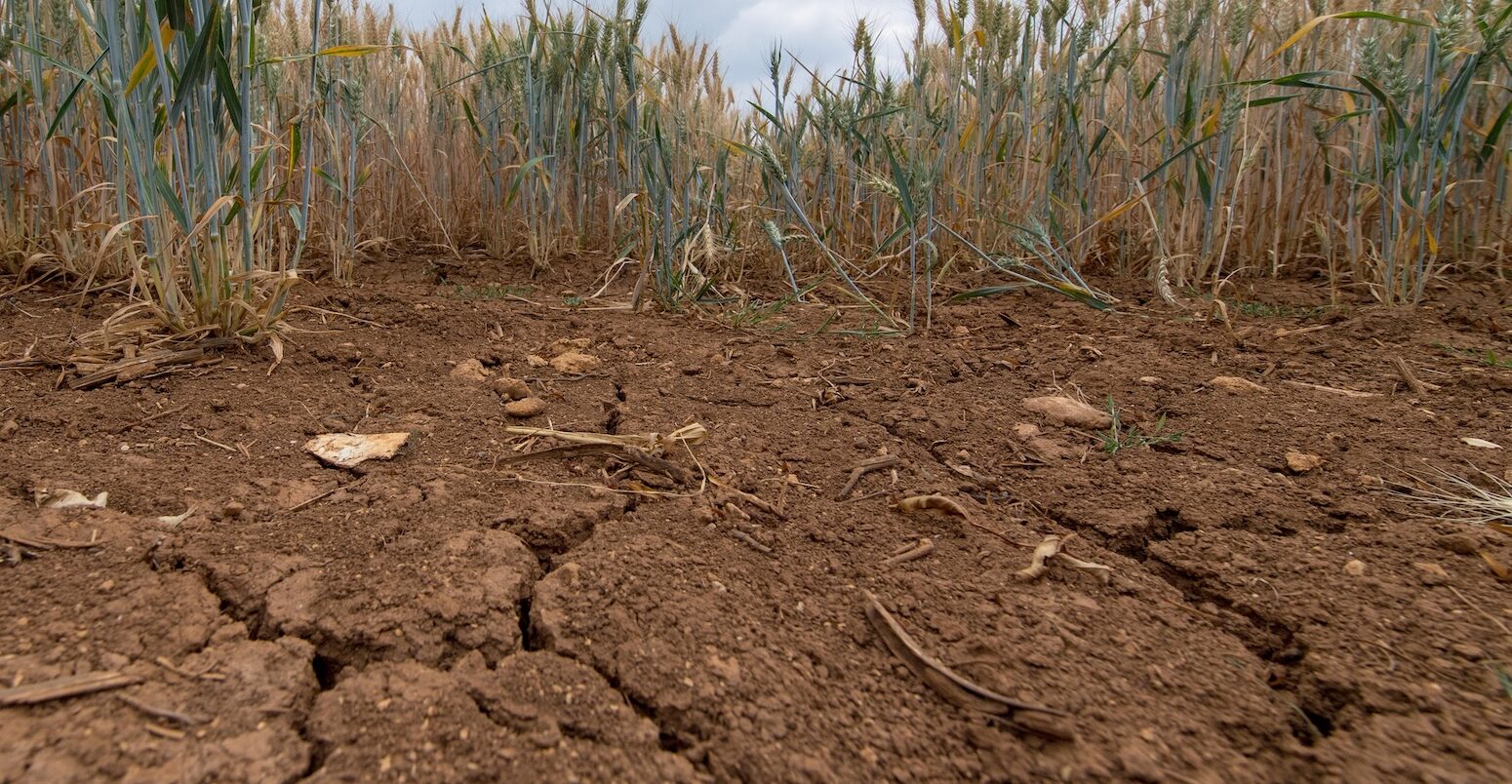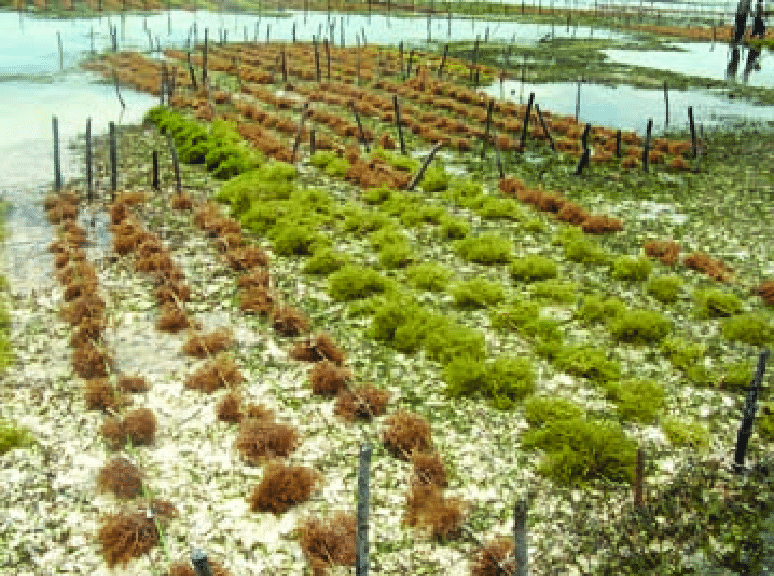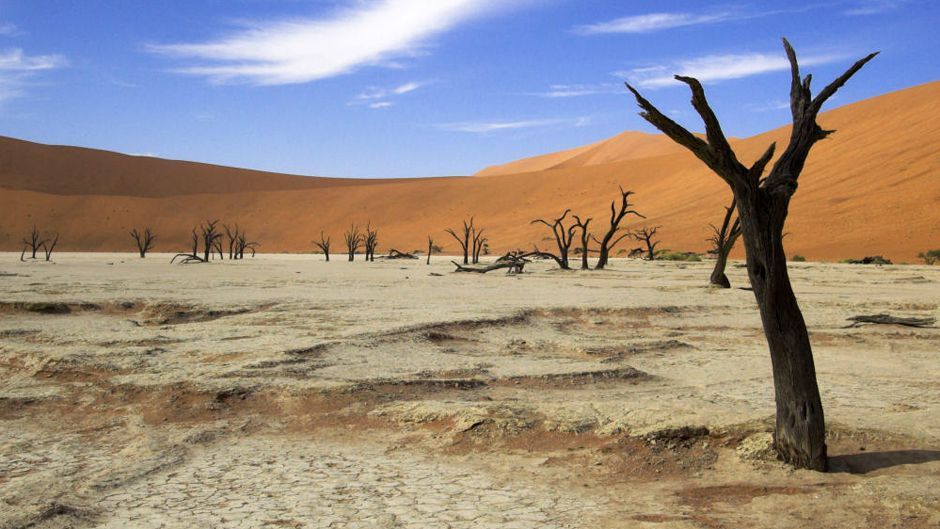Failure to invest in adapting to a changing climate threatens fundamental rights in France, anti-inequality campaigners Oxfam warned on Monday. Heatwaves, floods and other extreme weather mean that safe places to study, work and access healthcare are increasingly hard to guarantee, the group says.
More than half of all nursery schools in France risk classroom temperatures of 35°C by 2030, according to Oxfam, affecting some 1.3 million children aged between two and five.
In a new report, based on dozens of studies of the likely impact of climate change, the NGO said that more than a third of workers are already exposed to severe heat on the job.
Meanwhile 5 percent of hospitals – over 100 establishments – may find themselves forced to close by the end of the century because of extreme weather such as heat, floods, fires and rising sea levels.
Underinvestment
Oxfam says at least 26 of 50 fundamental rights set out in the European Union’s charter are threatened in France because of what it calls the state’s “negligence” when it comes to climate adaptation.
It accuses French authorities of taking an “unplanned, reactive and piecemeal” approach to preparing for a changing climate, and especially of massively failing to invest.
While the construction sector needs an estimated €7 billion to adapt to predicted warming of 4°C by 2100, agriculture around €1.5 billion and the electricity network €100 billion, Oxfam calculates that the government currently spends around €600 million per year on adaptive measures.
It calls instead for investment of “several dozen billion euros a year.
Green gentrification
“The public investment allocated today completely fails to take adaptation into account,” said Quentin Ghesquière, head of climate campaigns for Oxfam France.
We can no longer allow ourselves to throw public money out the window and finance infrastructure such as hospitals, schools and roads that won’t be suitable 20 or 30 years from now.
He also called on the government to factor in the inequalities that make certain people more vulnerable to climate impacts – those working in the agriculture, care or construction industries, for instance, earning low incomes, or living in rented housing.
The report highlights the phenomenon of “green gentrification“, whereby efforts to provide more green space ends up driving up property prices and forcing poorer residents into less desirable neighbourhoods worse protected from heat, pollution or floods.
France is due to present an updated version of its national plan on adapting to climate change, but the draft has already been delayed several times in the past year.
After snap elections that resulted in a hung parliament, it is now on hold pending the formation of a new government.
While the climate issue took a backseat during the campaign, “it cannot be ignored any longer”, Oxfam said, calling on the incoming administration to make it an urgent priority.




